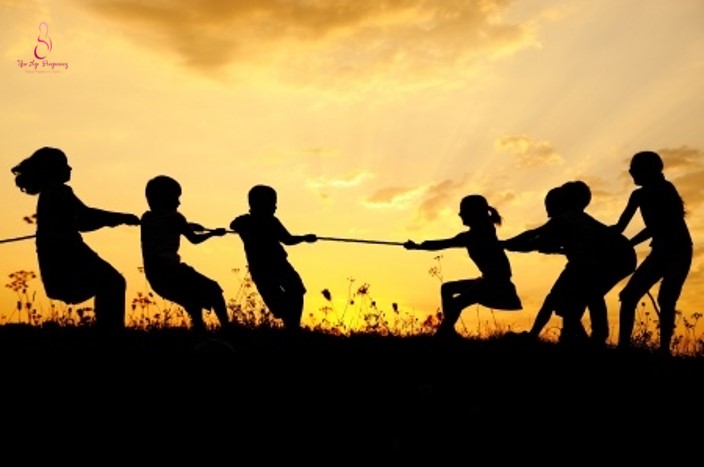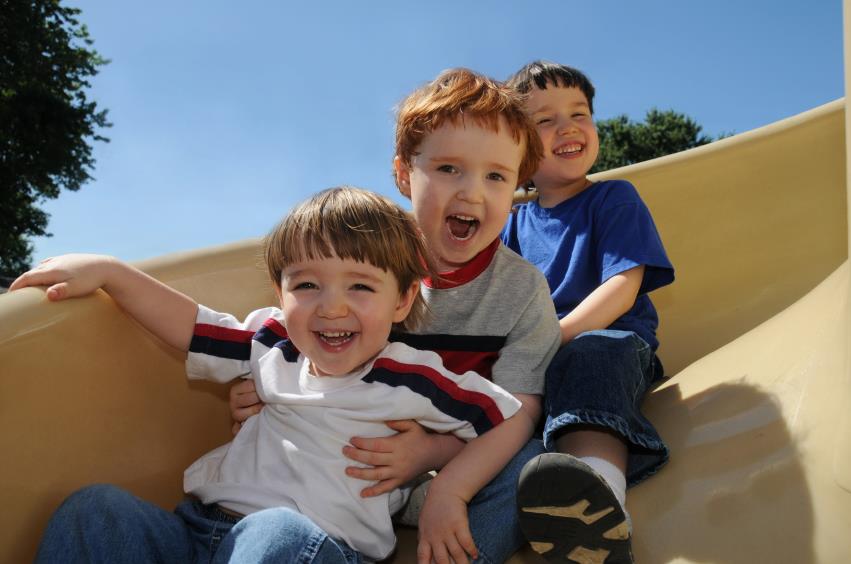
Kids these days grow up in a different environment from us; with increasing affluence and access to technology, children have different forms of communication, play and expectations of life. Patience is not the only way to minimize the frustrations. In fact, getting to know and understand our kids is the key to bridge the generation and communication gap. Let’s get to understand them better so that we can fit into their world.
#1 Instant vs Delayed Gratification
With technology, children grow up with access to many things almost instantaneously. For instance, access to music, video, games and online shopping. Many games and learning apps reward our children instantly (for not doing much during the game/app). Subconsciously, our children may grow up with an expectation to have things or be rewarded immediately. It is also observed that children these days have a shorter attention span and less patient.
#2 Feeling Entitled vs Working for Things
Many parents are worried that they would raise children who feel entitled to things, rather than working for them. Growing up with parents who are middle-income and above, with access to new gadgets and toys and getting these things whenever they like can lead to children feeling entitled. No matter how well-off the parents are, it is important to give children responsibility and require them to work for things they want.
Do you think a rich life is associated with being wealthy or influence? How do you give your child a rich and meaningful life?

#3 Indoor vs Outdoor
There is definitely more screen time for children these days, with smartphones and tablets. The effect on our children is not fully studied or observed given the fairly recent advance in technology. Some potential effects are on our children’s eyes, health conditions (obesity, strength and fitness) and attention spans. We tend to spend more time outdoors when we’re growing up given that there is less entertainment at home. Parents can make an effort to bring the family outdoors as often as you can. There are many parks, farms and gardens that offer excellent learning opportunities!
#4 Rules vs Reason
You will expect more questioning from children of why certain rules are set or why they have to follow, as compare to your times. It may be influenced by social media or easy access to what other children and adults are doing around the globe. There is less emphasis on following the standard path; however, freedom to choose one’s path should not be confused with rebellion or disrespect.
#5 Dissatisfaction vs Contentment
If children are brought up feeling entitled and having their wants satisfied instantly, they may end up being more dissatisfied with what they have than appreciating them. We grow up at a time when our parents are less affluent and understand that things are hard to come by, learning to be appreciative and contented with what we have.
Some of the above may lead to our children being disengaged with us, for instance, preferring to be engaged with their gadgets than heading out with us or feeling unhappy or keep problems to themselves as they feel parents do not understand the trends or social pressures they faced. Here are four communication tips to help you connect with your children:

Tip #1 Spending time together
It is important to spend time together, rather than individually on each other’s electronic device. If our children do not trust us or form a bond with us, they will be doing so with others. Parents may sometimes take their work home given that we are expected to be updated with our smartphone; set time for your child too, especially when there is only a window of a few years in each stage of your child’s development.
Tip #2 Explain and Explore
Children these days are less likely to subscribe to one way of doing things, being exposed to many possibilities made possible with the internet and social media. Boundaries still have to be kept for the good of our children – explain why and follow through with the consequences. In other cases, explore with your child other ways of doing something.
Tip #3 Parent model
No matter what the differences are between our childhood and that of our children, both generations are living in the world today. Parents can model the desired behaviour – generosity, paying attention (putting down devices) when talking to another, good manners, appreciating each other’s company, gratitude and diligence.
Tip #4 Make conversation a priority
Children may really be facing very different social pressures and environment than we did, and without conversations, we will not know what is happening to our children in school. Be open-minded, listen without interruption and ask open-ended questions to gain an insight into our children’s world.
No matter the differences, a trusting relationship between the parent and child can help in managing many of these differences and any potential conflict that may arise. Nothing can replace the time spent, just as nothing can get back time that has passed. Treasure the parenting moments.
Did you observe the differences between our childhood and that of our children’s? What was the difference you observe and how did you fix it? Share them with us by commenting below!
By Mei






